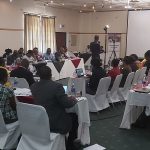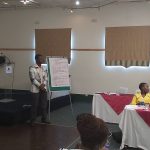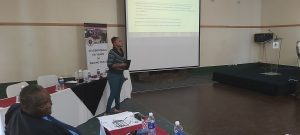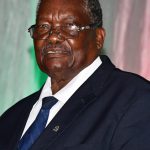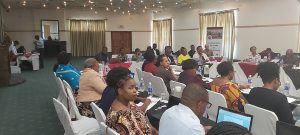
NPRC has initiated the process of capacitating its Commissioners and staff on Conflict Early Warning and Early Response (CEWER) in preparation for the setting up of a national CEWER system. This will help the Commission to detect conflicts before they escalate into violence. The training has been made possible through the support of American Friends Service Committe. Also supporting the process are representatives from the country’s security architecture, members of the Commission’s thematic committees, civic society organizations, political parties represented in Parliament and speakers from South Africa, Ghana, Kenya, Zambia and Burundi. We are delighted to build partnerships for peace.

